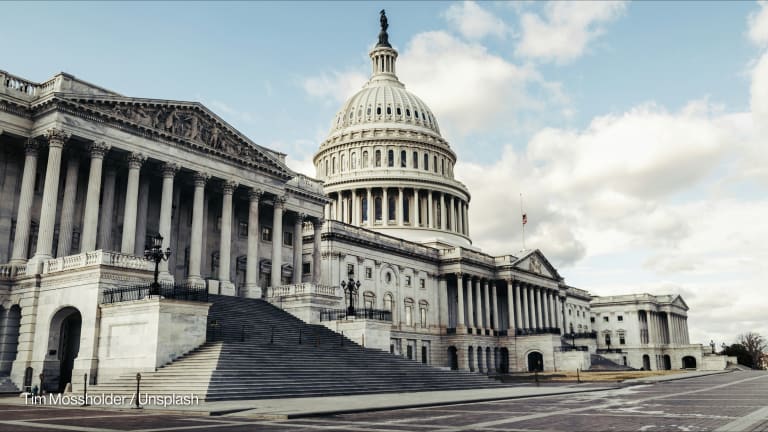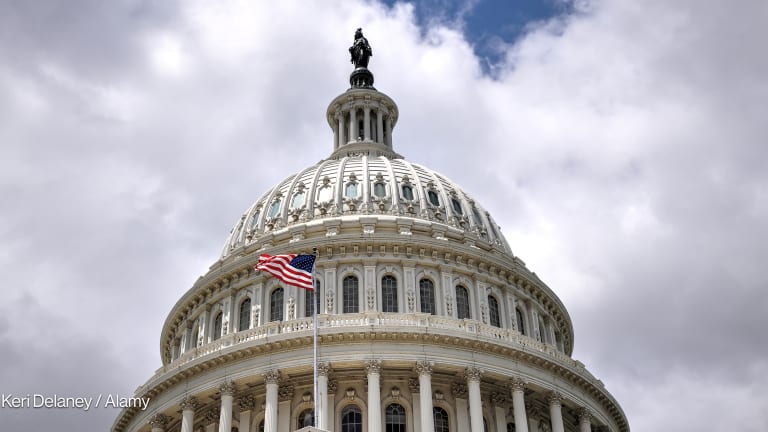The chief executive of the U.S. development finance institution was in the hot seat in Congress this week at a pair of hearings that offered insight into central issues that will shape its future, as the White House nominee was cautioned against following a “woke agenda” and veering too far away from its development focus.
Lawmakers lobbed questions at U.S. International Development Finance Corporation CEO Scott Nathan about what countries the agency can work in, how it can counter China and address other foreign policy priorities, how its equity investing instrument works, and what types of deals it does.
DFC, which funds private sector development projects, is up for reauthorization next year, though lawmakers have signaled a desire to extend the agency’s mandate this year, with these hearings helping inform the discussions.








